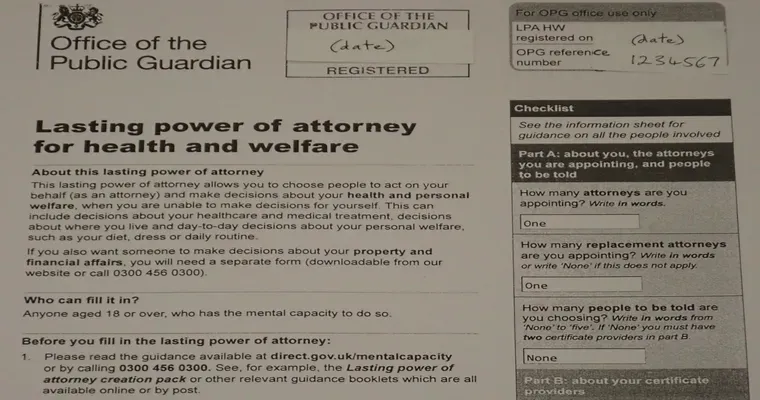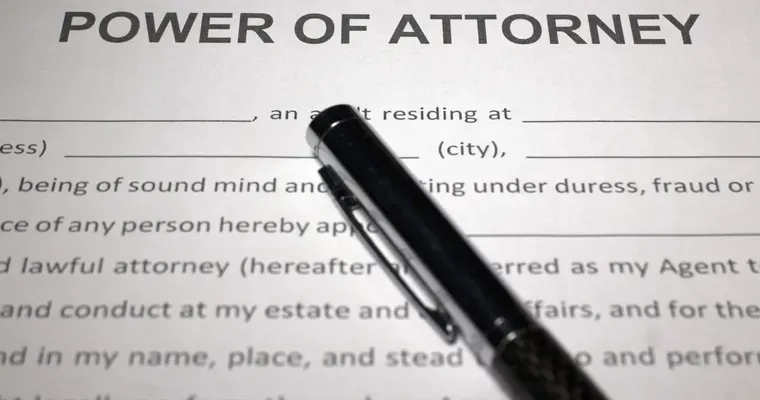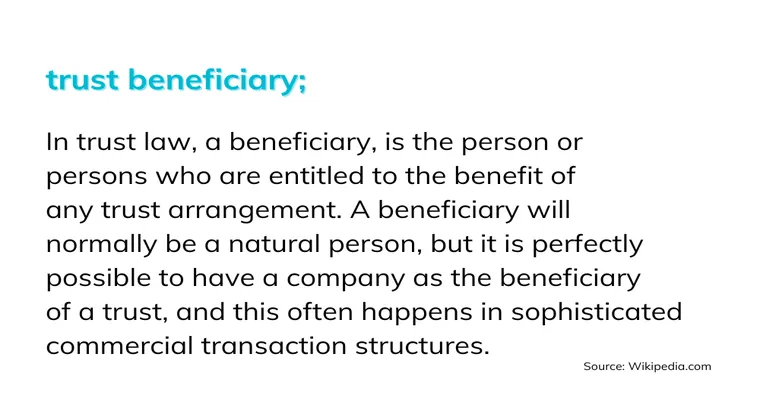Navigating the responsibilities and rights associated with "Power of Attorney (POA)" can be challenging, especially when different family members hold various forms of POA. If you are your father's "POA for healthcare", you might wonder if you have the authority to request "financial statements" from your brother, who holds the "POA for finances". Understanding the legal boundaries and responsibilities of each type of POA is crucial for ensuring that your father’s best interests are maintained.
First, it is important to clarify the roles associated with the different types of POA. A "POA for healthcare" grants you the authority to make medical decisions on behalf of your father when he is unable to do so himself. This may include decisions about treatments, medications, and other healthcare-related matters. On the other hand, a "POA for finances" gives your brother the authority to handle your father’s financial affairs, including managing bank accounts, paying bills, and making investment decisions.
While both roles are essential in ensuring your father's well-being, they operate independently of each other. This means that as the "healthcare POA", you do not automatically have access to your father's financial information. However, it does not mean you cannot request financial statements. The ability to obtain such information largely depends on the relationship and communication between you and your brother, as well as the specifics of your father's financial situation.
If your father is still competent and able to communicate his desires, it may be beneficial to discuss the matter with him directly. He may grant permission for your brother to share financial statements with you. This collaborative approach can foster transparency and reduce potential conflicts between family members.
In situations where communication is strained or your father is no longer able to make decisions, the answer becomes more complex. If your brother is managing your father’s finances, he is legally obligated to act in your father's best interest. However, your brother may not feel obligated to share financial details with you unless it directly pertains to your father's healthcare needs. If you believe that understanding the financial situation is crucial for making informed healthcare decisions, consider discussing this with your brother directly. Open dialogue can often lead to a mutually beneficial understanding.
If you find that your brother is unwilling to share the financial statements and you believe there may be issues with how he is managing your father's finances, you may need to consider legal options. Consulting with an attorney who specializes in elder law can provide you with insights into your rights and any necessary steps to ensure that your father's affairs are being handled appropriately.
In summary, while you may not have an inherent right to request financial statements from your brother as your father's POA for healthcare, open communication is key. Consider discussing your concerns directly with your brother and, if necessary, seek legal advice to ensure that your father's interests are protected. Understanding the dynamics of both types of POA can lead to better cooperation among family members and more effective decision-making for your father's overall well-being.





